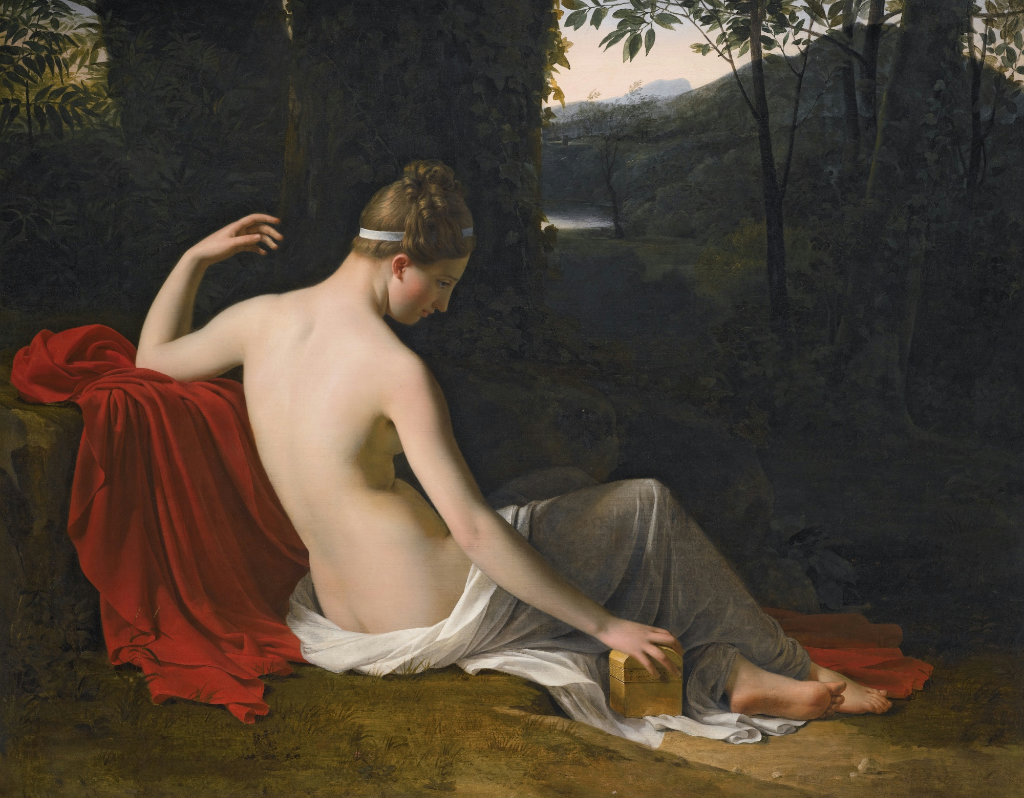In her essay “Truth Seeking Is Not A Pathology,” Mary Harrington delves into the tension between truth-seeking individuals and modern societal norms that often prioritize social consensus over objective truth. She begins by discussing the 2017 incident involving James Damore, a former Google engineer who was dismissed after circulating a memo suggesting that not all gender disparities in employment are solely due to discrimination. Harrington notes that Damore’s analytical approach, which emphasized empirical evidence over prevailing social narratives, led some to speculate that he might be on the autism spectrum. This, she argues, reflects a broader trend where society labels intense truth-seeking behavior as a disorder, marginalizing those who prioritize facts over social harmony.
Harrington traces this phenomenon back to philosophical shifts that began with thinkers like William of Ockham, who emphasized empirical observation over abstract universals. This mindset paved the way for remarkable scientific and technological advancements but also led to unintended consequences. The development and use of the atomic bomb during World War II exemplify how the pursuit of “technically sweet” solutions, as physicist Robert Oppenheimer described, can have catastrophic outcomes when ethical considerations are secondary.
In response to the devastating effects of such unbridled technological advancement, Harrington suggests that society recoiled by turning its focus inward, leading to the rise of transhumanist technologies like the contraceptive pill. This inward turn aimed to re-engineer human nature itself, operating under the belief that there is no inherent human nature, only constructs to be modified. However, this approach often dismisses the importance of meaning and purpose in human life, leading to societal issues such as the erosion of family structures and a decline in religious faith.
The essay also highlights the contemporary challenges faced by truth-seekers in a culture that often values social consensus over objective reality. Harrington points out that this dynamic has led to a decline in genuine innovation, as the suppression of truth-seeking tendencies stifles technological and societal progress. However, she observes a resurgence of appreciation for truth-seekers in fields like artificial intelligence, where the effectiveness of models depends on accurate data and objective analysis. Companies at the forefront of AI development are beginning to recognize the value of individuals who prioritize truth over social conformity, suggesting a potential shift back toward valuing objective reality in technological advancement.
In conclusion, Harrington advocates for a societal reorientation that balances empirical truth-seeking with ethical considerations, emphasizing that acknowledging and respecting human nature is crucial for meaningful progress. By restoring truth to a central place in our cultural and technological endeavors, we can foster advancements that are both innovative and aligned with human values.
https://www.maryharrington.co.uk/p/truth-seeking-is-not-a-disorder
+++
Stay Human


